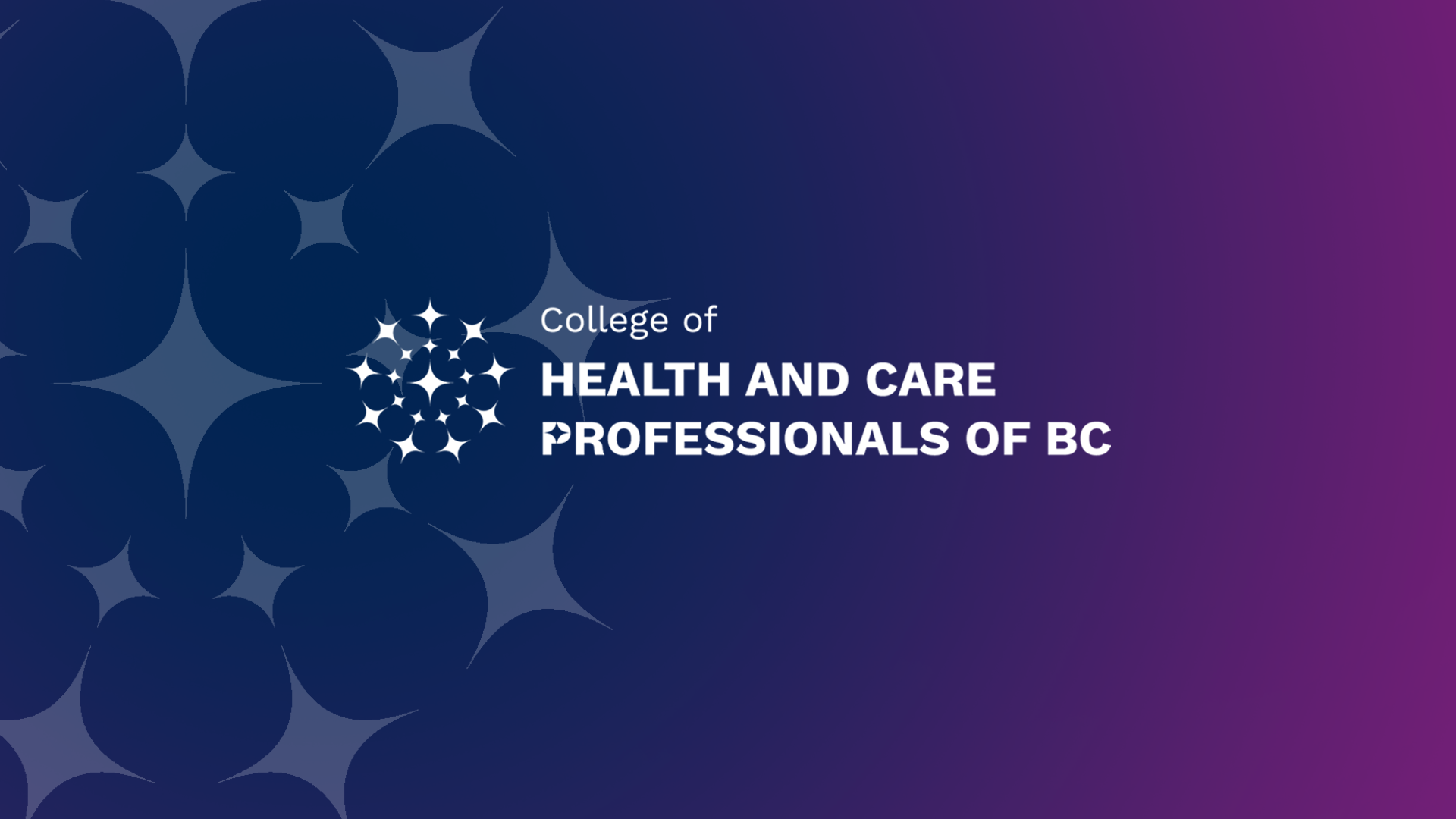On September 30, CHCPBC observes both Orange Shirt Day and National Day for Truth and Reconciliation. We stand in solidarity and allyship with Indigenous communities as they continue to reclaim the power and autonomy stolen from them by colonial systems, including the residential school system.
We also take this opportunity to reflect on the progress we have made — and the work still ahead of us — to eliminate Indigenous-specific racism from the health-care system in British Columbia. We look ahead to the spring of 2026, when health profession regulation in this province will take another significant step forward, guided by new legislation.
As we announced in July, CHCPBC is preparing for the implementation of the Health Professions and Occupations Act (HPOA), which will come into force on April 1, 2026. The Act includes a host of changes to licensure, discipline, and governance, and — perhaps most notably — it also weaves principles of reconciliation and anti-discrimination directly into the fabric of regulation.
Section 14 of the HPOA defines a set of Guiding Principles to which both the regulator and the regulated health-care professional will be held accountable. The principles require all parties to:
- protect people from harm and discrimination;
- support and promote awareness of:
- reconciliation with Indigenous peoples;
- the United Nations Declaration on the Rights of Indigenous Peoples (UNDRIP); and
- the need to address racism and anti-racism issues that are specific to Indigenous peoples, including acknowledging the rights, interests, priorities and concerns that are specific to First Nations peoples, Métis peoples and Inuit peoples, based on distinctions among them;
- take and promote anti-discrimination measures;
- act in a fair manner, including by demonstrating respect for the principles of procedural fairness; and
- act in a manner that is respectful of the privacy of persons who participate in regulatory processes.
Section 15, meanwhile, sets out new anti-discrimination measures to be incorporated into health care and regulatory processes. While some of these are measures CHCPBC already takes, we will build upon the foundations we have laid to more meaningfully and consistently:
- create physically, culturally, socially, emotionally and spiritually safe practices;
- adopt anti-racism approaches and tools to support these approaches;
- treat regulatory participants respectfully;
- support meaningful communication between regulators and persons who participate in those processes, including by promoting respectful, open and effective dialogue that encourages participation; and
- engage regularly in processes to identify discriminatory practices, policies, programs, structures, values and attitudes that perpetuate discrimination or create conditions in which discrimination may occur.
We will also support the health-care professionals we regulate to:
- create physically, culturally, socially, emotionally and spiritually safe practices;
- adopt anti-racism approaches and tools to support these approaches;
- treat patients respectfully; and
- support meaningful communication between patients and regulated health practitioners, including by promoting respectful, open and effective dialogue that encourages patients to participate in the decisions that affect them.
We acknowledge that the principles and measures prescribed by the HPOA reflect the context of their implementation. That regulatory participants and patients should be treated respectfully is a given; however, the experiences of Indigenous peoples in the health-care system — as documented in the In Plain Sight report and Remembering Keegan — highlight that it is not a reality.
Translating our new regulatory requirements into meaningful action will require work in all areas and at all levels of our organization. For instance, the Guiding Principles will be used with intentionality in the creation, implementation, and evaluation of our new Quality Assurance Program — including the development of tools, the framing of assessments, the training of assessors, and the measurement of progress. In this way, we will guide and support regulated health professionals to take action as well — though, we recognize that professionals, themselves, must also do the work. Each of us must take responsibility for creating change. Seeing this responsibility embedded in our guiding legislation reaffirms our commitment and our accountability.
The CHCPBC offices will be closed on Orange Shirt Day/National Day for Truth and Reconciliation (Tuesday, September 30). We encourage our staff and registrants to immerse themselves in the day and to consider participating in a community event, supporting an Indigenous charity or business, or setting aside time for learning and reflection.
Note: The language of Sections 14 and 15 of the HPOA does not appear verbatim in this post. To read these sections in full, please review the legislation on the Government of British Columbia website.

